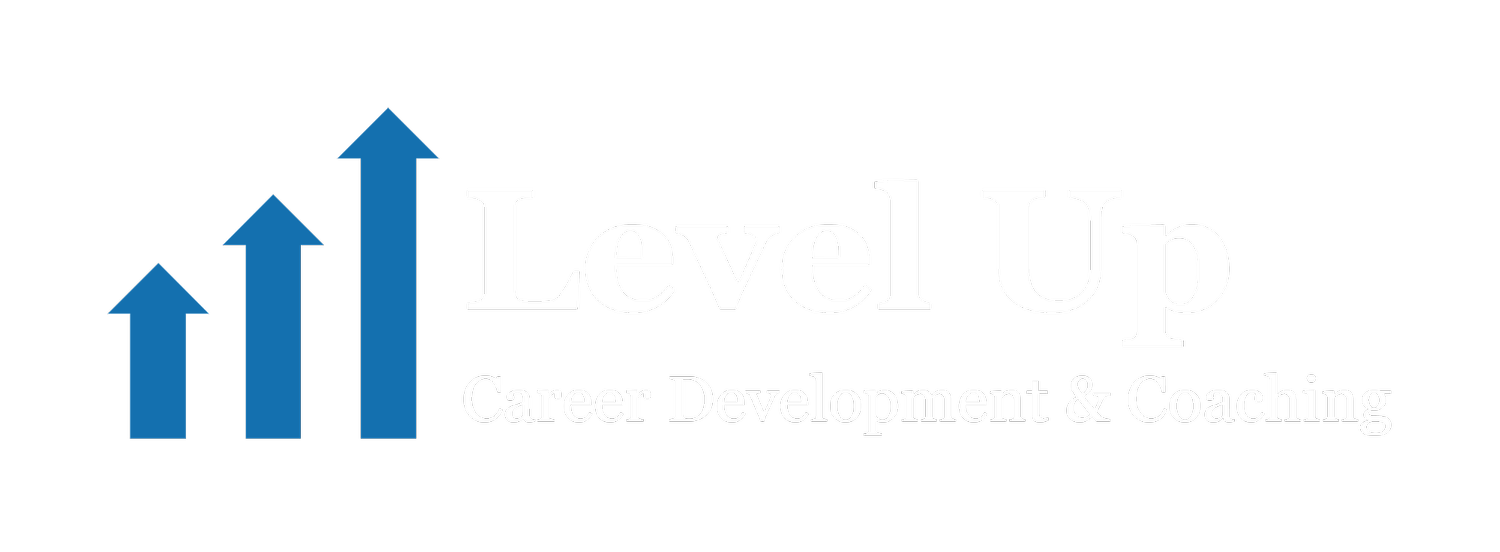Career Transitions At Your Thanksgiving Feast
How do you support your loved ones in career transitions?
Dos and Don’ts around the holiday table.
How do I support my loved ones who are out of work this holiday season?
Next week is Thanksgiving. A time for family and friends to gather, make memories, and celebrate all there is to be grateful for. Usually, this holiday launches us into a festive season as the year winds down.
It is also a time for uncomfortable conversations around the dinner table. I am not talking about politics; I am talking about life updates from people who have lost jobs or in a job search.
If you have a loved one out of work during this holiday season, it is important to show up with empathy and support. They may be experiencing the hurt of a job loss or the frustration of not getting the job they wanted, or the emotion of a career transition. They could be dealing with unease from the uncertainty of what comes next—financial stress, loss of routine, or simply the emotional weight that comes with transition. Even the expectation to be “cheerful” during the holidays can feel overwhelming.
So, as we head into gathering time next week, here are some dos and don’ts for conversations.
What should I avoid asking my loved ones this holiday season?
“What’s next for your career?”
This open-ended question is tough. If they have experienced job loss or are stuck in a discouraging job search, they may feel lost. A job seeker can often feel like they have little control over “what’s next.” These factors make a simply question feel heavy.
“Yikes! This is a lousy time of year to be out of work. Are you nervous?”
Your loved one is likely nervous about their next step, and they don’t need you to bring it up. Being out of work, especially during a celebratory time of year, can be nerve-racking. People have families they care for, bills to pay, and health insurance that may be expiring. out. What you intend to be empathetic can feel like a personal attack or unnecessary pressure to someone navigating career uncertainty.
“Any updates on the job search?”
If your family member has positive job search updates, they will likely share them. Focusing only on their job search limits how they can respond and reinforces the idea that their value is tied to employment. Avoid questions that revolve solely around work.
“What do you DO all day?”
For someone out of work, this question can feel very judgmental and harsh. Are you insinuating they aren’t doing enough to move forward? Are you suggesting they aren’t invested in their career? You could also bring feelings of inadequacy. If a loved one is used to working, they may feel lost in their day-to-day life.
Keep in mind that people may take a moment to regroup before looking for a new job. They may use the transition time to rest, explore a new hobby, or build a new skill. If these things come up naturally, celebrate them. Please don’t judge.
“You know what I would do?”
Fight the urge to give unsolicited advice. If you are simply applying your experience to what they are going through, you may be missing key details in their career tranisition. While your situation may feel similar, you never know what your loved one is personally experiencing.
If they ask for advice, absolutely share your insights. Just don’t assume you have the solution.
Have you looked on LinkedIn?
In a word - duh. Yes, they have looked on LinkedIn.
Show your support by saying these things instead.
“We don’t have to talk about work today, but please let me know how I can support you.”
Simply show up. Let the job seeker know that you are on their team, but give them permission to avoid the topic altogether. People react to job loss and career transitions differently and will need different support from their loved ones. Some may want a laugh; others may want a hug. Some may want to talk about their career transition at length; others may want to avoid career talk altogether. This is not the time to assume. Just let them know you will support them and give them the space to decide what they need.
“I know you are navigating a job search. If you want help or someone to talk to, I’m here.”
By opening yourself up without pressure, you let them guide the conversation. They may seek you out later that day, reach out in a few weeks, or not bring it up at all. Your availability is the key.
“What is bringing you joy right now?”
Avoid work talk altogether. A person is not just their job. This question invites connection, sparks lighter conversation, and includes everyone at the table. It’s a great question for a full-table reflection.
If you must ask about the job specifically, may I suggest asking for permission first.
Sometimes you just can’t help yourself. You care, you are curious, and you want to check in. If that is the case start with:
“Would it be okay if I asked how things are going with your job search?” After opening the question about their career transition, respect the answer. If you get a “no” move on. If it’s “yes,” keep the conversation focused on what they want to share and remember all the don’ts above.
Job loss is never easy; career transitions are hard.
The holidays don’t magically make it lighter. But how we show up and support our loved ones makes a difference. Choose compassion over curiosity and genuine connection over career discussion. Enjoy the holiday with your family and friends!

